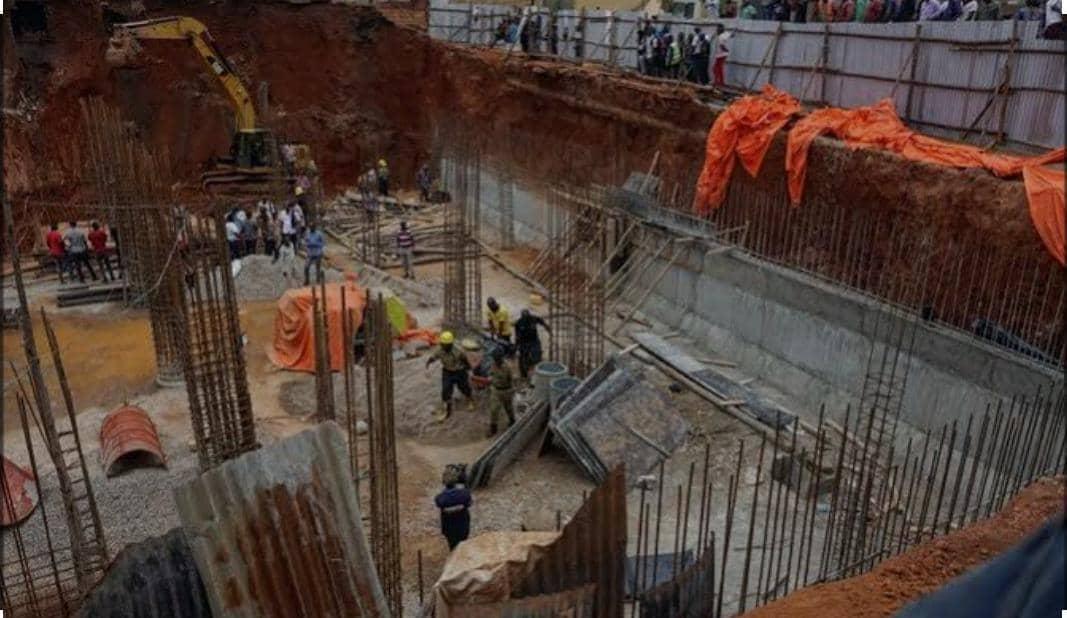Africa-Press – Uganda. As Uganda’s urbanization gathers pace, experts warn that the country’s booming construction industry, while essential for development, is significantly harming the environment.
Calls are now growing for the adoption of eco-friendly building practices that preserve natural ecosystems while still meeting infrastructural demands.
The construction sector in Uganda has undergone a major transformation from the traditional techniques of 400 years ago—when homes were built using grass, mud, and cow dung in rural Africa.
Today, concrete, steel, bricks, and timber dominate construction materials, driven by growing demand and modern engineering.
But according to environmental experts, this progress is coming at a significant ecological cost.
Environmental engineer Hasan Sejoba emphasizes that many of today’s building methods and materials are unsustainable.
“Modern construction practices, depending on the project size, have contributed massively to environmental degradation.
For instance, timber is sourced by cutting down trees, which accelerates deforestation,” Sejoba explains.
He adds that the extensive use of fossil-fuel-powered machinery releases harmful carbon emissions, contributing to global warming.
Sejoba further points out that brickmaking and land clearing disturb the topsoil and increase the risk of erosion and sedimentation in water bodies.
“Construction generates a significant amount of non-biodegradable waste. Paints, tiles, and varnishes left behind contain chemicals that pollute both soil and water,” Sejoba warns.
A 2012 study by Leonard Kayizi, Mark Atuhaire, and others found that construction activities in Uganda account for 25% of national greenhouse gas emissions, 15% of water consumption, 20% of harvested wood, and 35% of total energy use.
These statistics highlight the urgent need for reform in how the country builds its homes, schools, roads, and businesses.
Reagan Isiko, a quantity surveyor, acknowledges the contradiction within the industry. “Construction has created employment and birthed numerous professions, including mine.
People now live in strong, durable buildings. However, this advancement has come at a cost to the environment,” he said.
He points to the growing urban flooding and spread of waterborne diseases as visible indicators of poor drainage systems and environmental neglect.
In particular, wetlands and natural drainage channels are being filled to make way for new developments.
The Way Forward: Green Construction Solutions
To reverse the trend, experts are calling on contractors and developers to adopt more sustainable approaches. Isiko proposes several solutions:
Renovation over New Builds: Restoring old structures can reduce the need for raw materials and minimize land clearance.
Water Efficiency: Using recycled water and installing efficient plumbing systems can conserve resources.
Eco-friendly Materials: Substituting timber with synthetic or recycled alternatives such as artificial wood helps preserve forests.
Smaller Footprints: Building modest-sized homes can significantly reduce vegetation loss and soil disruption.
Waste Management: Construction sites should have designated centers for sorting and safely disposing of waste.
Noise and Emission Controls: Machines should be fitted with silencers and serviced regularly to reduce noise and gas emissions.
Rainy Season Regulations Construction should be minimized during rainy periods to prevent runoff of oil, cement, and silt into nearby water sources.
“Every construction project must have a comprehensive waste management plan. Without it, we are compromising both human and environmental health,” Isiko stresses.
As Uganda continues to develop, finding the right balance between infrastructure expansion and environmental sustainability remains a pressing challenge.
The call from environmentalists and construction experts is clear: build smart, build sustainably.
The future of the construction industry lies not just in taller buildings and stronger materials, but in smarter methods that safeguard the planet for generations to come.
For More News And Analysis About Uganda Follow Africa-Press






